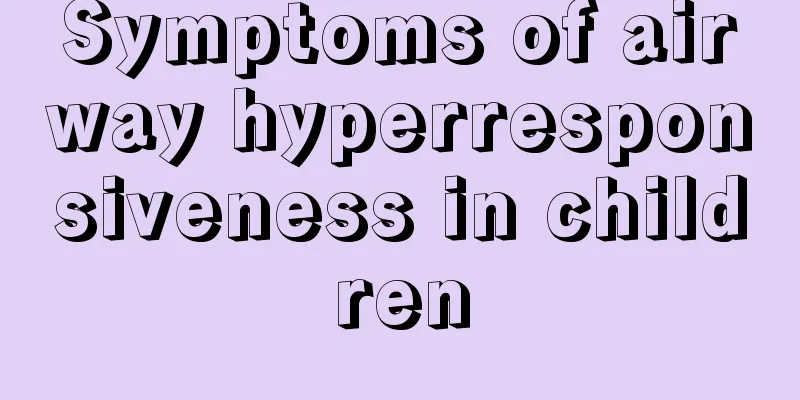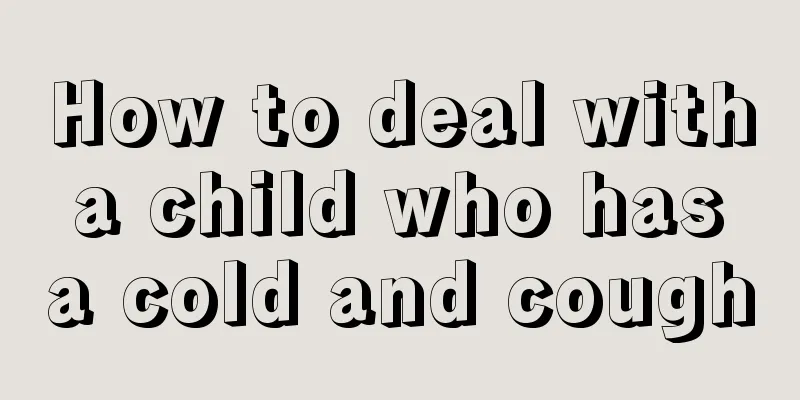What causes dizziness in children?

|
There are many reasons that cause dizziness in children, such as poor sleep, some bad habits, motion sickness or other diseases. Therefore, when a child becomes dizzy, parents must learn to distinguish the cause of the dizziness and find the cause so as to provide symptomatic treatment so as not to delay the disease. The following are some of the causes of dizziness in children. Causes of dizziness in children include (1) Insufficient sleep. It is more common in school-age children, mostly caused by heavy study burden and going to bed late and getting up early. They often complain of dizziness, loss of appetite, and lack of energy shortly after getting up. They usually do not feel a sense of objects spinning around them, nor do they experience nausea or vomiting. If you increase your sleep time, dizziness will disappear naturally. (2) Hypoglycemia. Mainly caused by hunger. Inadequate breakfast intake is common in childhood. The amount of food intake is often affected by getting up in the morning and rushing to school or the breakfast food is not to one's taste. If accompanied by lack of sleep at night, dizziness is more likely to occur. In more severe cases of hypoglycemia, you may feel general fatigue, cold sweats, pale face, cold hands and feet, and even coma. (3) Seasickness or motion sickness. When riding in a boat or a car, dizziness may occur due to the concussion, often accompanied by pale complexion, nausea and vomiting. There is often a family history of genetic diseases. (4) Increased intracranial pressure. The main symptoms are headache and vomiting. However, in the early stages of some chronic diseases with increased intracranial pressure, dizziness may occur. Some children also complain of mild headaches as discomfort in the head, and mistakenly think they are dizzy. It can be caused by concussion, intracranial tumors, and brain hypoxia due to various reasons. The headache may become more severe as the intracranial pressure gradually increases, and may be accompanied by vomiting and various neurological localization symptoms, such as visual impairment, hemiplegia, sensory impairment, etc. There are many reasons that cause dizziness in children, and parents need to learn more about them. If dizziness is accompanied by any other symptoms, you must consult a doctor; but if the dizziness is not caused by a disease, you do not need to see a doctor to get better, just pay more attention to adjusting your lifestyle. |
<<: Why do children's nails turn white?
>>: What causes pain near a child’s belly button?
Recommend
What harm will excessive lead cause to children?
Lead is a chemical element that can cause harm to...
What to do if a five-year-old child has anemia?
Anemia is not unfamiliar to most people, because ...
Which acupoints should be moxibustioned when a child has a fever
Children have relatively poor immunity and are al...
What is the correct way to care for your baby's face?
Children are the treasures of their mothers. Many...
What should I do if my six-month-old baby's neck is a little crooked?
If you always find that your baby tilts his head ...
Treatment for babies who always strain
Nowadays, it is not uncommon to see babies always...
Why does my child sweat coldly on his back after sleeping?
Many people have had this experience, that is, co...
What should I do if my 1-year-old baby has colic?
When the baby reaches one year old, he can basica...
First aid treatment for pediatric convulsions
If there are children at home, there must be a lo...
Why does the child's ears run?
Under normal circumstances, the inside of our ear...
What are the causes of bedwetting in children?
Bedwetting is relatively common among children, e...
What to do if your child falls and gets a bump on his forehead
When children are just learning to walk, they wil...
Why does the baby cry at night?
We all know that babies spend most of the day sle...
What are the benefits of children's foot massage
Children are at a critical stage of growth and de...
What to do if your child stutters?
In daily life, we often hear some mothers complai...









